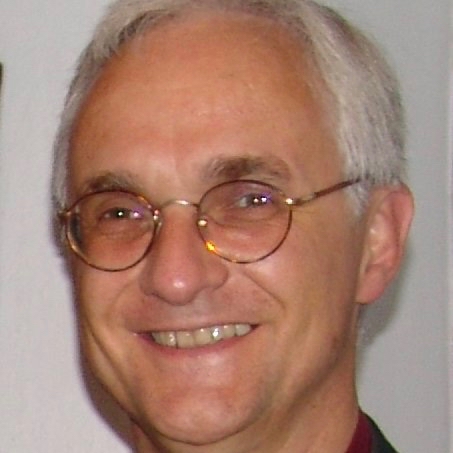
Bridging Academic and Occupational Learning and Credentialing in U.S. Postsecondary Education by Competency-oriented Program Shaping
Research insights on approaches, challenges, and perspectives
On both sides of the Atlantic, there is a need to better train and adapt the workforce for twenty-first century jobs. In the U.S. as in Germany, a debate drives shaping programs and credentials in all education and training sectors along competencies. The objective is to sustainably promote lifelong learning and the quality and the transferability of learning achievements between the education pathways to better address the needs of the learners as well as society and labor markets. The increasingly knowledge-based requirements in manufacturing and service areas in particular call for appropriate conceptual adaptations in program shaping within and across the sectors of postsecondary education and training.
In his research, Volker Rein argues that a compatible practice orientation exists for the acquisition of appropriate knowledge, skills, and competencies to solve complex problems and tasks both in the academic and in the workforce-oriented educational perspectives. Using a comparative bi-national perspective, his presentation on U.S. postsecondary education and training focuses on selected conceptual developments and challenges within Associate degree programs, as well as on linkages to non-degree and Bachelor programs. These findings will be discussed in the context of advanced instrumental and conceptual approaches from the U.S. and from Germany.
Finally, the presentation will provide an overview on practical implications of the research insights for program development, pedagogy and articulation, as well as on possible scenarios for prospective developments of academic and occupational learning and credentialing in the postsecondary education and training in the U.S. and beyond.
Join AGI as DAAD/AGI Research Fellow Volker Rein discusses developments in postsecondary education and training in the U.S. and beyond.

Volker Rein is a DAAD/AGI Research Fellow in October-November 2018. He is an experienced social scientist specialized on developments in education and training systems and policy as well as on skills requirements in Germany, in Europe, and in the U.S. He is working as a senior research associate in the Department of Learning and Teaching at the Federal Institute for Vocational Education and Training (BIBB) in Bonn, Germany. He has long-term experiences in research and development work as well as in advisory work on competence-oriented qualification standards and transparency instruments (qualifications frameworks, recognition of prior learning, credit transfer, etc.) in Germany and in the European Union since 1999. He was involved in the implementation of the European Degree Framework at University level (Free University Berlin) and in the development of the European and the German Qualifications Frameworks for Lifelong Learning in terms of formal, non-formal, and informal learning outcomes. He currently contributes to UNESCO’s development of World Reference Levels to connect qualifications frameworks globally. In this field, his special focus in R & D is on the compatibility potential between Vocational and Higher Education in terms of competency and proficiency. In the U.S., he contributed his expertise to the development of a nationwide Credentials Framework that addresses both degree and non-degree credentials in 2013-15 in terms of the general construction. He holds a Ph.D. and an M.A. in Social Sciences (Free University Berlin) based on field research in Southern Africa.
Location
AICGS
1755 Massachusetts Ave. NW | Suite 700 | Washington, DC 20036







